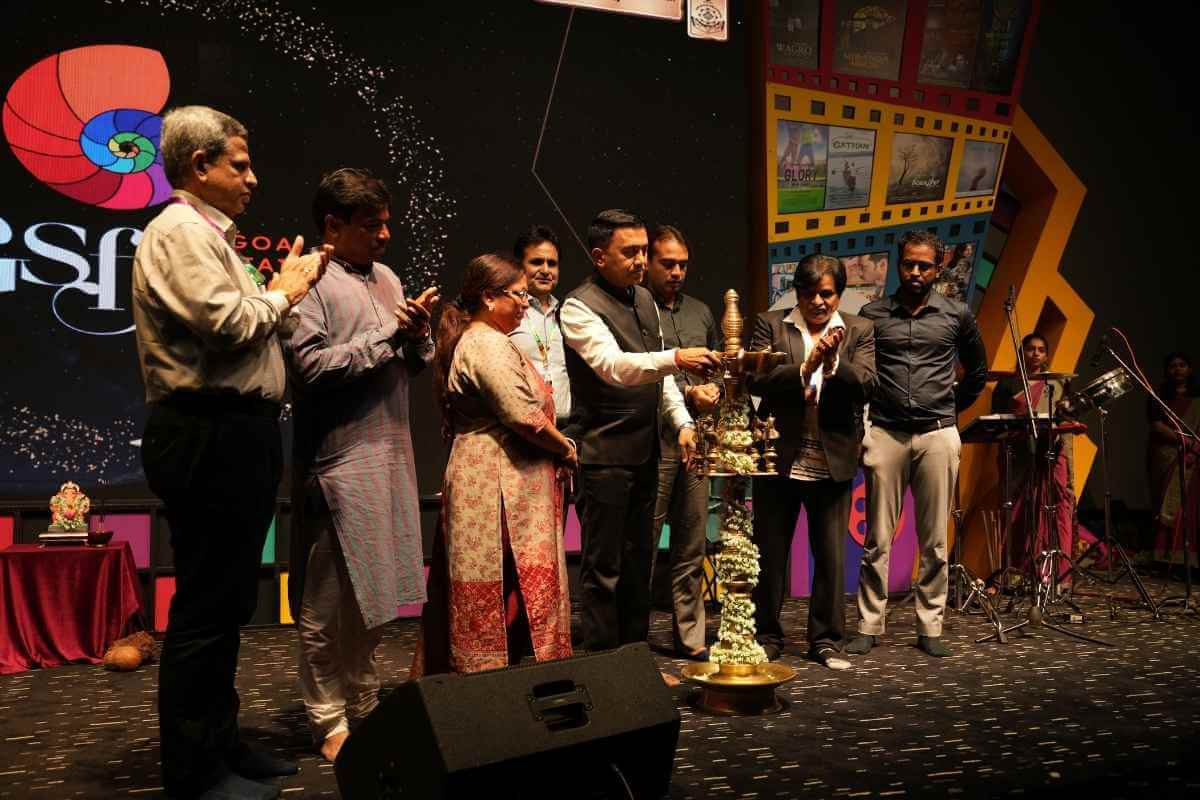From this week we are starting a series of articles on Extra-Marital Affairs. Shobhika Jaju who is a Psychologist & Psychotherapist at Silver Linings: Guidance & Counselling Centre, Margao will also be answering any queries related to the above subject on this platform. We assure you keep your data completely confidential. Please share your questions and concerns at [email protected]
In a survey by a popular extra-marital dating app, published in leading newspapers in April 2019, 7 out of 10 married women in India cheat on their spouses (Business Standard, April 2019). The same dating app, published another study in February 2020, wherein it shared results that 55% of married Indians have been unfaithful to their partners, at least once (Livemint, February 2020). The other day, a leading newspaper published a study that during the ongoing lockdown phase, more & more married people are cheating on their spouses using extra-marital dating apps.
The big question that arises from this situation therefore is, why will someone cheat on another person; on that someone who they have promised to spend the rest of their life with and promised to be together in sickness and in health? In a series of articles, with this one being the first in line, we are going to try and understand different aspects of extra-marital affairs.
It appears that having an affair or relationship infidelity is a complex matter after all and doesn’t have one simple answer. There are, however, certain explanations in the offing. An important research study which has also been extensively cited across studies focusing on extra-marital affairs was done by Ray C. Fair in 1978, wherein the researcher has tried to establish a link between the individual’s work time and the time spent in two types of leisure activities: time spent with spouse and time spent with a paramour (lover).

Fair has extensively tried to study the time one spends in leisure activities outside of the home environment and without their spouse, with other people, as a major determining factor behind extra-marital affairs. His model is primarily based on the idea that people like variety in their lives.
As debatable as that may be, let’s not forget that the research was published in 1978. The fact that it continues to be the pioneering work in the field of research literature focusing on extra-marital affairs, after all these decades, is probably because the researcher used concepts of economics to derive the relationship between the variables studied. Thereby, coming up with quantifiable equations about the human behaviour of infidelity.
Theories aside, there are countless reasons which could be held responsible behind a spouse cheating. As a psychologist, I do work with people who are married who happen to be in another relationship outside of marriage and even single men/women who find themselves in a relationship with a married person. And what I have realized is that you cannot hold just person responsible or one situation responsible; the equation is pretty complex. However, psychologists have extensively researched the modern relationships to understand the process of extra-marital affairs and several points do come out strongly.

It has been found that our overall moral point of view about what is right and wrong, can be a major factor in predicting whether or not we will cheat on our partners. Morality has emerged as the number one reason in preventing people from cheating (2017). Genetic science has found that to a certain extent we have our genes to blame for infidelity. It has got to do with a certain level of oxytocin and vasopressin receptors in the brain.
The next factor which plays a crucial role is age. Research evidence suggests that as we are nearing our 40th and/or 50th birthday, the chances of infidelity increase and this is particularly true for men. We also cannot discount the gender differences in this regard. Men & women have different opinions about having an affair out of the marriage and view cheating differently. For instance, a study published in the Journal of Interpersonal Relations and Group Processes in 2008, suggests that men are more affected by physical infidelity of their partners and women are more affected by emotional infidelity in a relationship.
An interesting concept which comes up in the literature about extra-marital affairs is the concept of “sensation-seeking”. Research reveals that a significant number of people cheat on their partners, out of boredom or curiosity. Sensation seeking is an aspect of personality and refers to behaviour which is novel, unique and excitement-inducing.

Think of the adrenaline-pumping activities like bungee-jumping, or skydiving. We know there is a risk involved in pursuing these activities, but the thrill of the activity far outweighs the fear and hesitance of it. Infidelity, by this logic, can be explained as an act which we know involves risks but those very risks make it all the more exciting for some.
In the next article, we will look at the different causes and reasons responsible for extra-marital affairs, beyond the theories and concepts which have been discussed today.






























